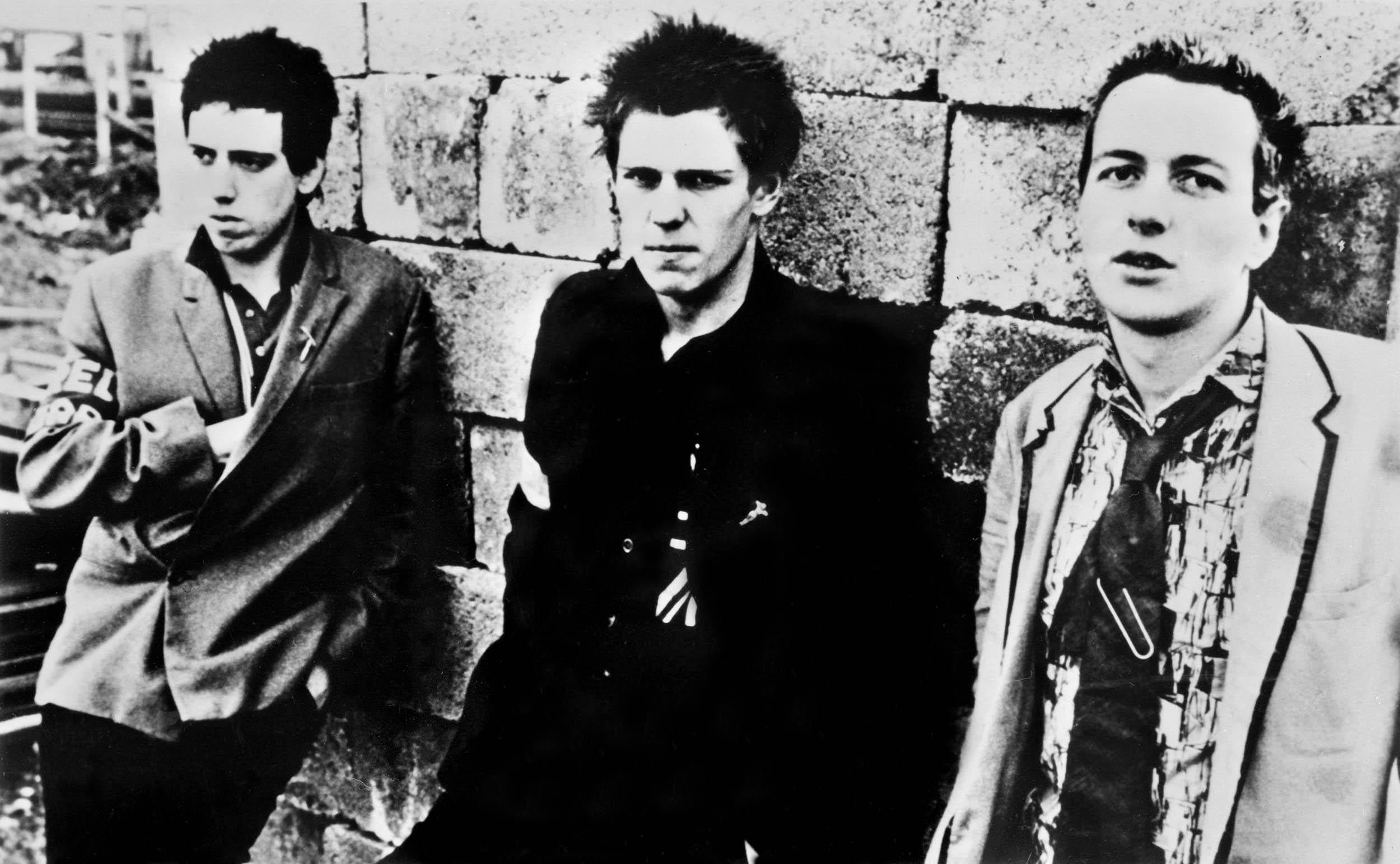The Clash, who at their height were frequently referred to by the British music press as “the only band that matters,” are at this point one of those legendary institutions demanding so much reverence that hagiography—especially when it comes to the late Joe Strummer—is pretty much de rigueur. And fair enough: The band did leave an impressively large, combat-boot-shaped footprint on the last 30 years of music, managing to attain mass popularity without entirely sacrificing their underground cred.
So it makes perfect sense that Google, a massive corporation that likes to pretend it’s your cool buddy from back home, would make The Clash the subject of a new documentary/promotional video for its digital media store Google Play. It also makes sense the video series would have a celebratory, nostalgic, yearbook-retrospective tone that reveals little about a band for whom basically everything has already been said. Sadly, what it does reveal only makes the story of The Clash seem more dull and less revolutionary.
The film largely consists of a new interview with the three living members—guitarist Mick Jones, bassist Paul Simonon, and drummer Topper Headon—and a “never before seen” 2002 interview with Strummer, plus archival live footage and a handful of conversations with associated producers. It’s divided into five parts, each covering one of the group’s first five albums (ignoring, as many fans also try to do, the much maligned, final album Cut the Crap). Throughout, the Clash seem content, collaborative, and obsessively industrious. The three living band members wistfully recall a period of endless writing, recording, and playing, when they stopped only for pickup soccer games and trips to the “spliff bunker,” a tent set up for enjoying a quick smoke and drink during sessions without disturbing the round-the-clock recording or “pouring wine into the mixing desk.”
From beyond the grave, Strummer seems to struggle a little more describing his feelings for the era; there’s an interesting moment when he admits that the bands’ politics were more “grasping in the dark” than a concrete expression of philosophical values. But more often than not he, too, is fondly reminiscing about football with the boys and wishing he had more time to hang out with Ian Dury and the Blockheads. Really, the most interesting anecdote is probably the one Mick and Joe tell about walking around Kingston in full punk regalia and not getting harassed and failing to meet Lee “Scratch” Perry.
Without so much as touching on the more fraught or interesting aspects of the band’s meteoric rise to international fame—their early conflict with label CBS (described in the ferocious “Complete Control”), Headon’s heroin addiction (which got him ejected from the band at the height of their popularity)—the whole piece comes off as blandly promotional. Which, given the recent release of The Clash’s new Sound System box set and the heavy Google Play branding, it most certainly is. It’s a safe subject handled safely for the purposes of mutual promotion. For musicians whose legend revolves around rebellion and visceral excitement, Audio Ammunition is packing all blanks. You and The Clash are better served by just seeking out and enjoying all their great live footage, which abounds online. Here they are tearing through “Clampdown” on ABC’s Fridays in 1980. It rules.
